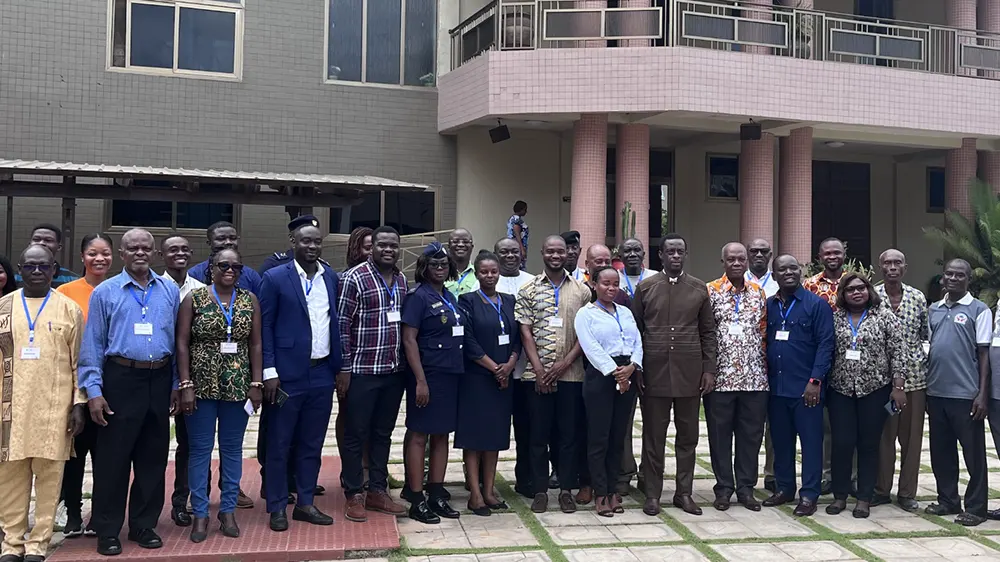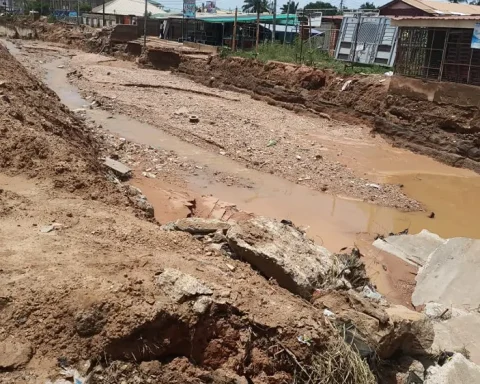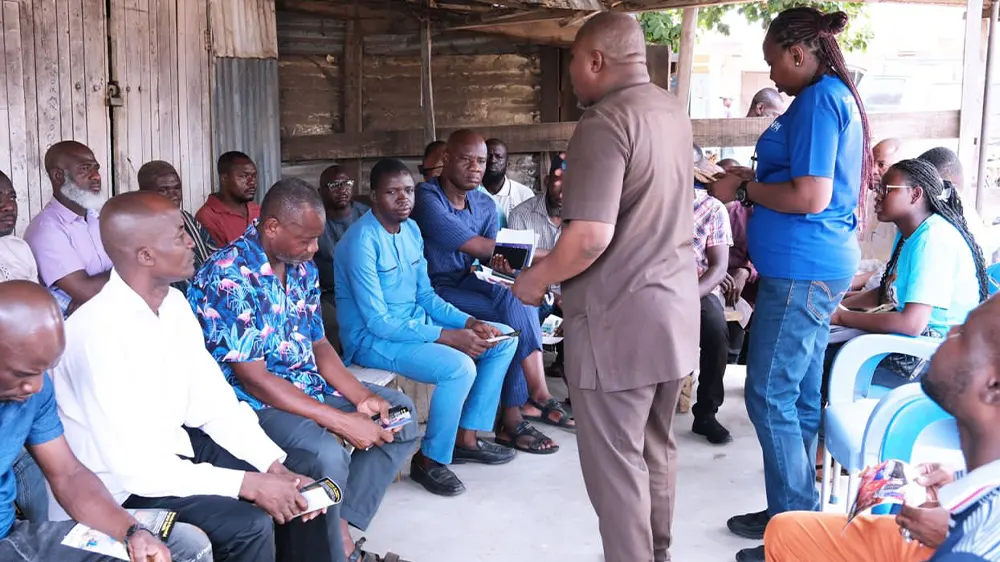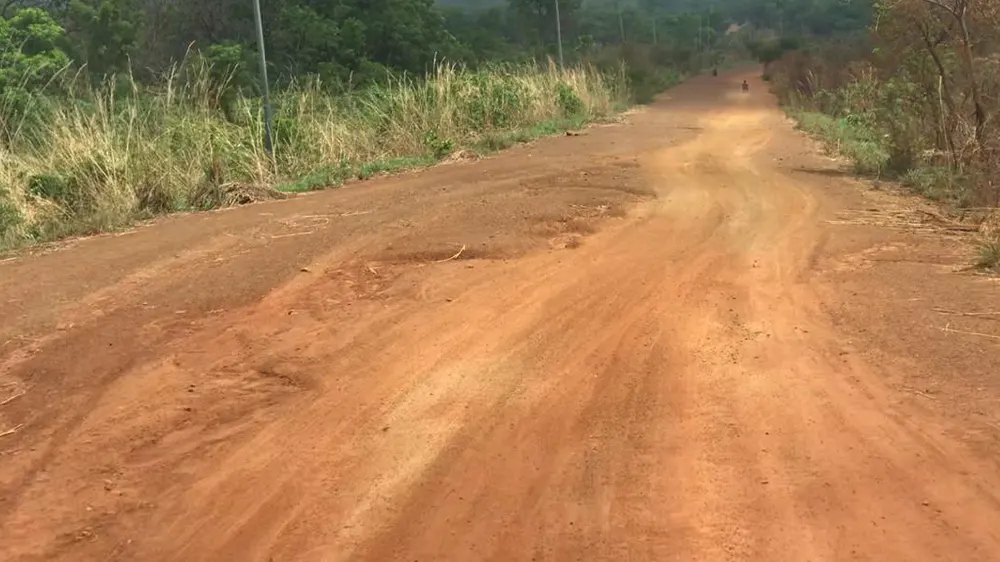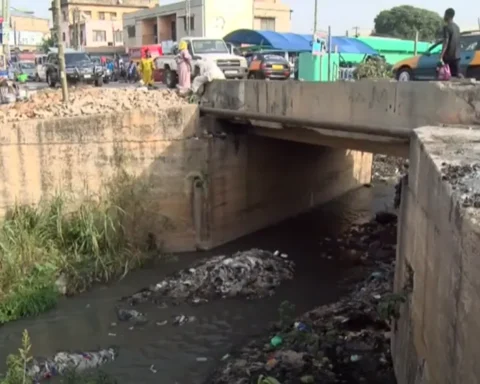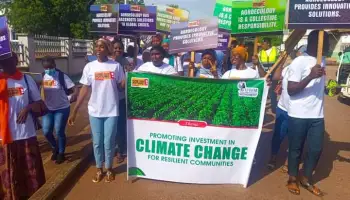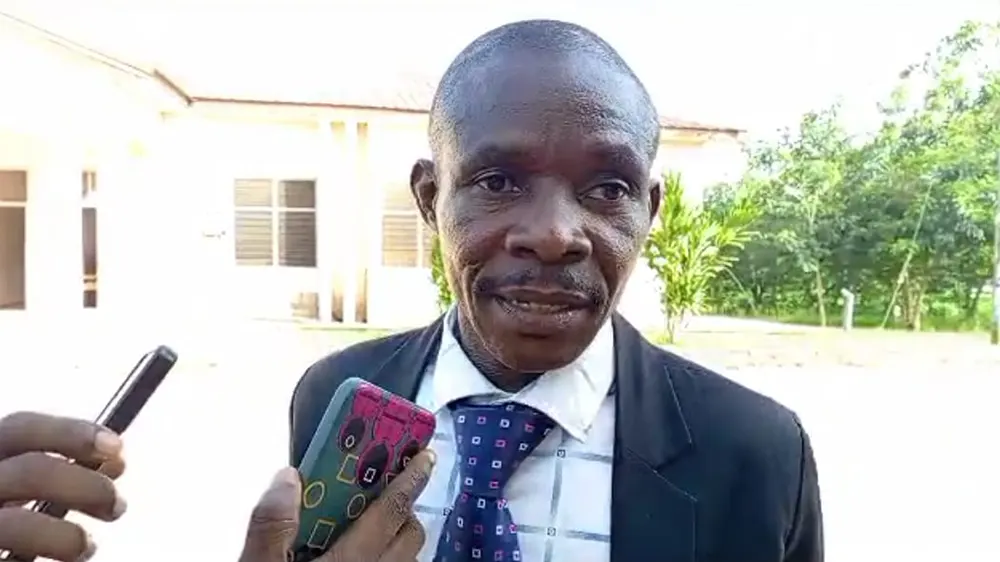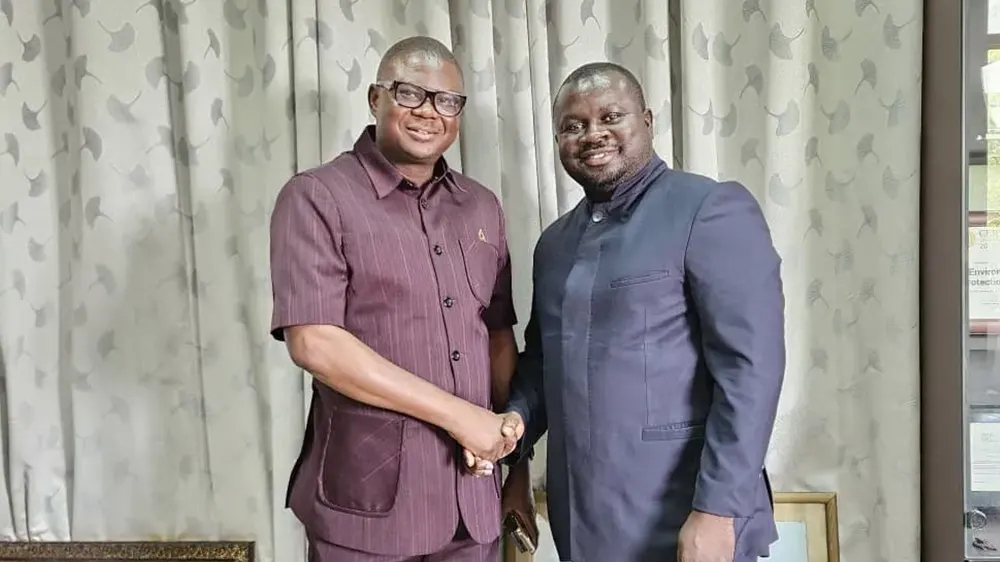Stakeholders within the road transport sector have highlighted political interference as a significant obstacle in enforcing regulations aimed at managing air pollution on urban roads.
Expressing concern over the frequent intervention by political figures and influential individuals to pardon offenders who consistently flout air pollution regulations, stakeholders emphasized the urgent need for cessation of such practices.
Studies conducted in major cities across the country have identified urban transport as a significant source of hazardous tiny particles detrimental to human health, underscoring the crucial necessity for robust regulation, which is currently lacking.
These concerns were articulated during the inaugural session of a series of fact-finding missions held in Takoradi. The objective of these missions, spearheaded by the Department of Biology, Environment, and Occupational Health at the University of Ghana and its partners, is to identify factors undermining the effective implementation and enforcement of air pollution regulations. Similar events are planned for the Ashanti, Northern, and Greater Accra regions.
Participating institutions included regulatory bodies such as the Driver and Vehicle Licensing Authority, Ghana Consolidated Road Transport, GPRTU, Vehicle Dealers Associations, Garages, Motor Traffic and Transport Department of the Ghana Police Service, Customs Division of the Ghana Revenue Authority, and Ghana Private Road Transport Union.
Reverend Dr. Isaac Edunyah, a Senior Lecturer at Takoradi Technical University, stressed the gravity of air pollution-related issues, citing statistics indicating millions of deaths annually due to air pollution-related illnesses. He emphasized the imperative for stringent law enforcement to address contributors to air pollution, including reckless driving, inadequate vehicular maintenance, and unlicensed drivers.
Mr. Robert Arthur, an Engineer at the Department of Feeder Roads, highlighted measures taken during road construction to mitigate air pollution, such as tree planting and dust control. He emphasized that while implementing such measures may increase project costs, the long-term costs of neglecting them are far more significant in terms of public health and economic impact.
Dr. Reginald Quansah, the Project Lead, emphasized Ghana's paradoxical situation as a regional leader in air pollution prevention and management despite high levels of air pollutants. He underscored the necessity for effective enforcement of regulations as urbanization continues, leading to increased pollution levels.
The discussion among stakeholders revealed a significant factor contributing to non-compliance with regulations is a lack of awareness. Mr. Desmond Appiah, the Country Lead for Clean Air Fund, highlighted the severe health risks and economic repercussions of poor air quality, referencing reports indicating thousands of deaths annually and billions of dollars in economic losses attributed to air pollution.
While Ghana has established laws and regulations concerning air quality management, their enforcement remains deficient. Mr. Appiah emphasized the importance of workshops like these in developing recommendations to enhance enforcement through broad consultations with stakeholders.
These recommendations aim to influence policy direction and create an enabling environment for effective enforcement by relevant authorities. Mr. Kwabena Okyere Darko-Mensah, the Western Regional Minister, affirmed the government's commitment to combatting air pollution through environmental regulations and initiatives to catalyze the clean air movement.
As stakeholders continue to advocate for decisive action, the spotlight remains on the imperative to address political interference and strengthen enforcement mechanisms to safeguard public health and sustain economic growth in Ghana.

